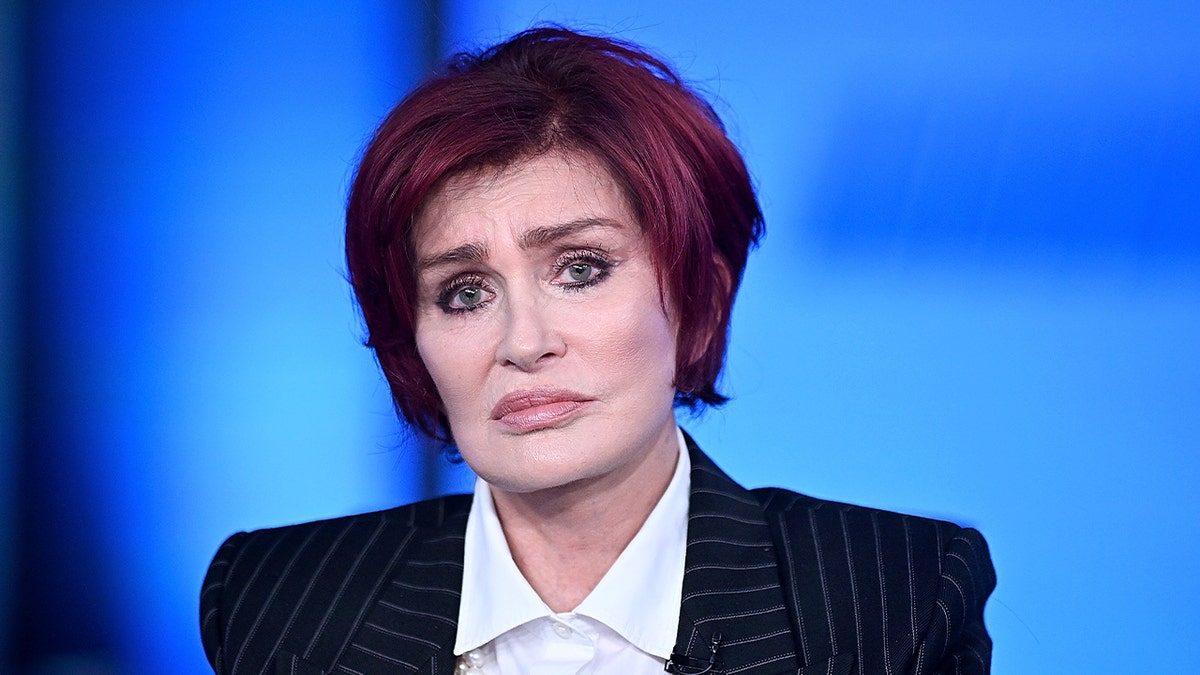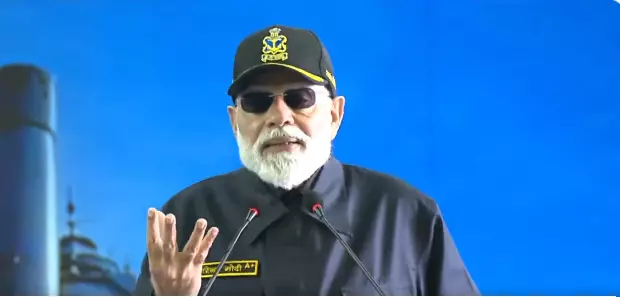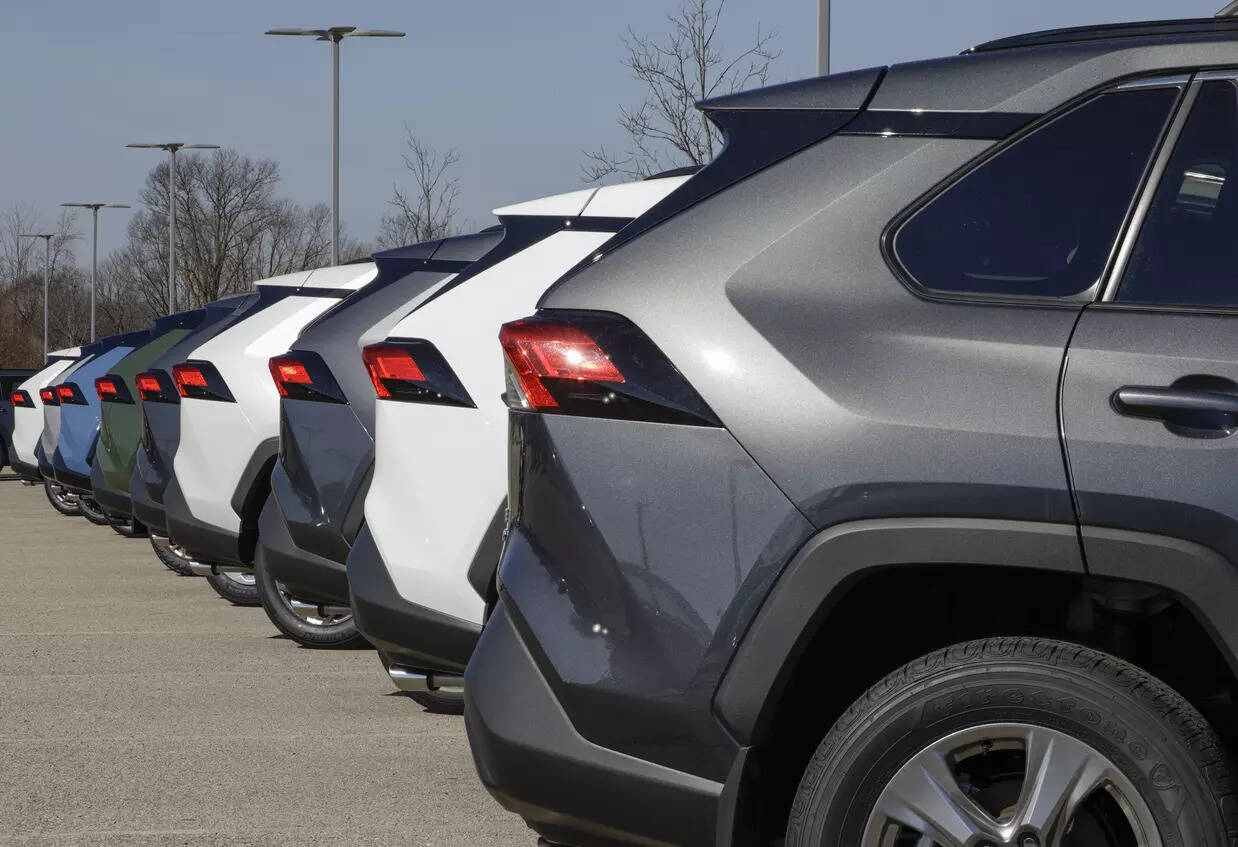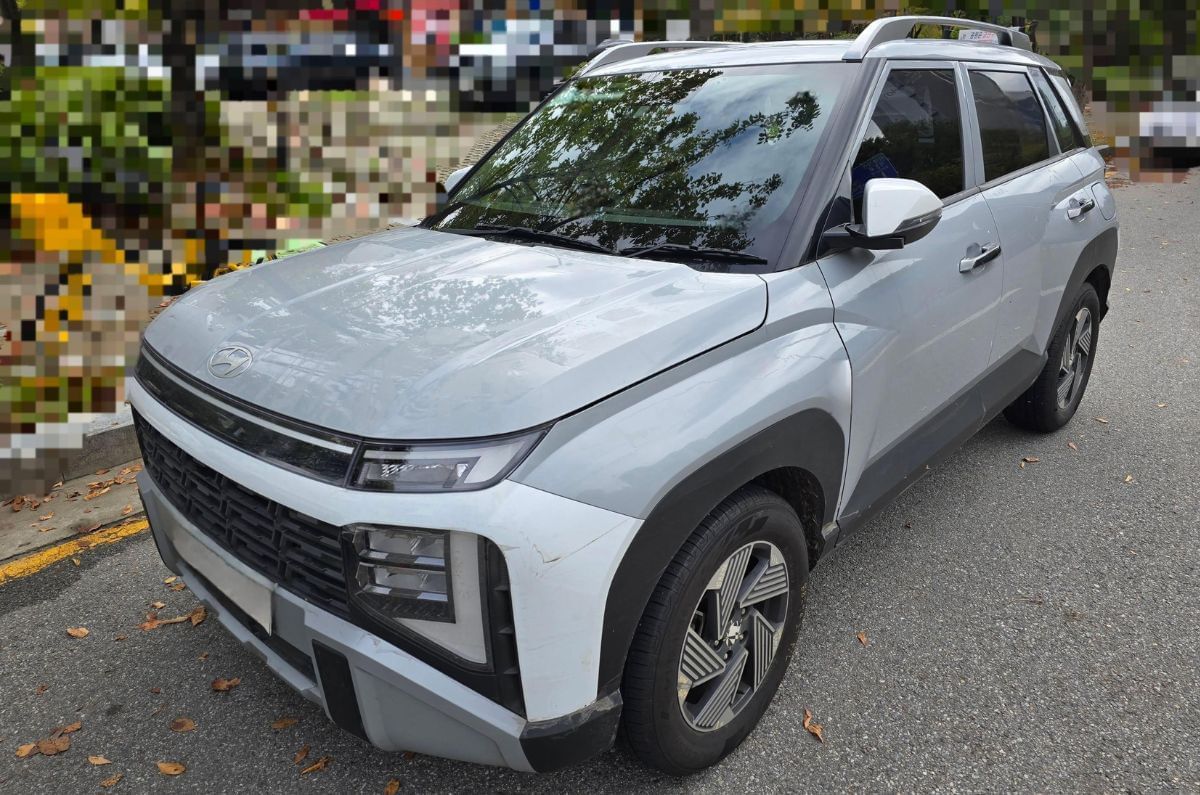Bill Gates: Philanthropy, Electric Cars, and AI
Bill Gates, the co-founder of Microsoft and renowned philanthropist, is often seen as a symbol of the tech industry’s transition from billionaire entrepreneurs to philanthropists for the greater good. Gates, who is on track to give away 99.96% of his wealth to charities and foundations, provides insight into his philanthropic endeavors through his annual letters, where he and his wife Melinda Gates share their views on the world and their efforts to address its problems.
In a recent interview with technology YouTuber, KBHD, Gates discussed this year’s annual letter and his perspectives on various topics. The interview delved into the biggest contributors to greenhouse emissions, with transportation being a significant concern. Gates, an advocate for electric cars, acknowledged that while Tesla has made remarkable strides in the market, electric vehicles still constitute a small percentage due to their premium prices and the elimination of tax credits. However, Gates believes that other manufacturers will invest in electric cars, driven by California’s zero-emission standards and the growing trend towards sustainable transportation.
Gates also emphasized that transportation challenges extend beyond passenger cars and include trucks, trains, boats, and planes. Electric vehicles may present a solution for passenger cars, but the weight and power requirements of trucks pose a more significant obstacle. Furthermore, he pointed out that electric cars can only be considered zero-emission if the electricity used is also sourced from renewable and emission-free sources.
The conversation then shifted towards the rise of artificial intelligence (AI) and its potential impact. Gates expressed optimism about the positive applications of AI, especially in fields like healthcare, where it can significantly contribute to understanding complex issues such as obesity or finding cures for diseases like cancer and Alzheimer’s. Gates acknowledged the potential downside of AI but emphasized the importance of its positive contributions, particularly in medical research.
To counterbalance the prevalent negative news, Gates mentioned some positive progress that often goes unnoticed. One notable achievement is the reduction in child mortality rates. While in the past 10% of children died before reaching the age of five, this figure has dropped to 5%. Gates believes that by 2030, this number can be further reduced to 2.5%, saving millions of lives.
Despite the progress, Gates recognizes that there is still much work to be done, and challenges lie ahead. Investing billions of dollars into the Bill and Melinda Gates Foundation’s work over the past decade, Gates remains optimistic about the future, especially in the field of global health. He hopes for breakthroughs in science and innovation that will lead to the development of vaccines for diseases like HIV and malaria, ultimately eradicating them from poor countries.
However, Gates expresses concern about the current state of politics and the growing polarization among people. While his philanthropic efforts have seen remarkable success, he acknowledges the need for greater efforts in creating trust and addressing societal divisions.
In the midst of rapid technological advancements, Gates continues to inspire and drive change through his philanthropy. With his unwavering commitment to addressing the world’s most pressing problems, his work serves as a beacon of hope and progress, encouraging others in the tech industry to follow in his philanthropic footsteps.
















































